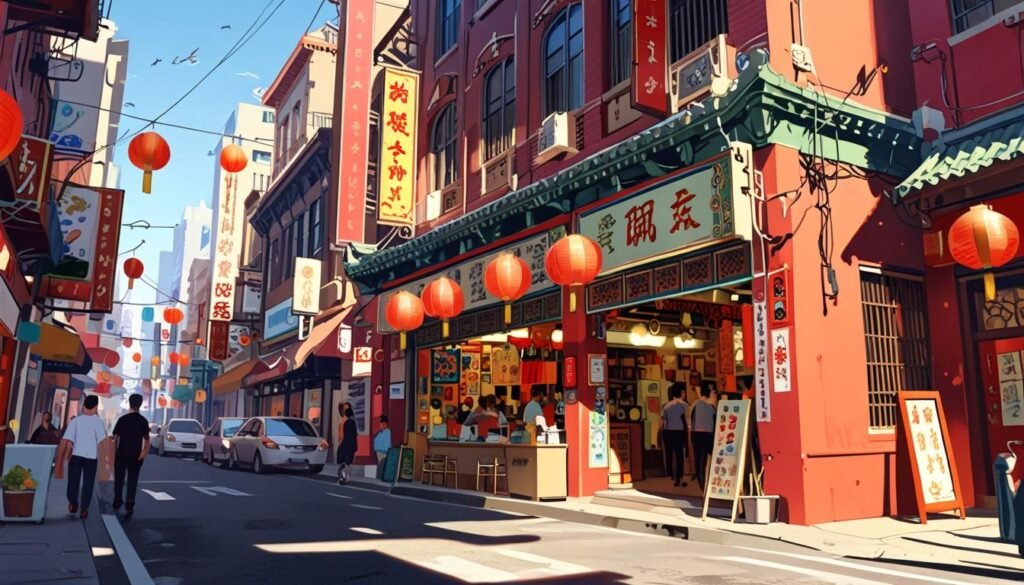**Los Angeles**: Earl Ofari Hutchinson addresses the complexities of US-China trade relations in Little Chinatown, warning of potential global disruptions from ongoing tariffs. He highlights China’s significant trade surplus and the economic interdependence of both nations shaped by decisions from previous administrations.
Earl Ofari Hutchinson spoke from the heart of Los Angeles’s Little Chinatown, a bustling area characterised by its vibrant culture and diverse businesses. As he reflected on the complex relationship between the United States and China, he expressed concerns regarding the significant impact of trade policies, particularly tariffs instituted by former President Donald Trump.
The discourse surrounding these tariffs took a tangible turn during Trump’s administration when he imposed a hefty 105% tariff on various Chinese imports. This move sparked immediate retaliation from China, leading to strained trade relations between the two economic giants. Hutchinson noted that while Trump sought to position the US favourably in international trade, the implications of these tariffs, particularly on China, are multifaceted and far-reaching.
Hutchinson, drawing on his experiences from a three-week tour of China 50 years ago, pointed out that China’s transformation into a major global competitor was anticipated decades ago. He reminisced about engaging with Chinese officials and observing the country’s industrial growth trajectory. “I saw all the makings of that 50 years ago… I didn’t need a crystal ball,” he remarked, emphasising the foresight he gained during that pivotal time.
Focusing on the current trade dynamics, Hutchinson highlighted that in 2024, China is expected to export approximately $440 billion worth of manufactured goods to the United States, while the US will export about $145 billion to China. He acknowledged the trade surplus that favours China and noted that while there is a perceived trade imbalance, American consumers actively demand and purchase these imports, which are often more affordable than domestically produced alternatives.
Moreover, he outlined that if the US were to halt all imports from China, other nations would swiftly fill the void, thus maintaining demand for Chinese goods on a global scale. He stressed that China’s economic might extends beyond the US market, as numerous countries, including members of the European Union and other nations, stand ready to engage in trade with China.
Reflecting on the broader economic implications, Hutchinson warned of potential global disruptions stemming from an ongoing trade war between the US and China. He asserted that any further escalation in tariffs or trade barriers could destabilise both nations’ markets, including critical segments such as bonds and stocks. “To have them at loggerheads… does nothing for the global economy,” he said, indicating the precarious balance that exists in international trade relations.
Through his vivid portrayal of Chinatown and the insights shared, Hutchinson illustrated the intricate tapestry of economic interdependence that defines US-China relations. His reflections encourage consideration of the long-standing implications of trade policy decisions and the evolving role of China as a formidable player on the world stage.
Source: Noah Wire Services





